ITAROK PA IZING BY REV. DR. SELBUT LONGTAU
- Home /
- blog post
A PAPER PRESENTATION AT ITAROK PA IZING 2ND CARNIVAL HELD AT THE AZI NYAKO YOUTH CENTRE, JOS, 30TH NOVEMBER, 2024
1. INTRODUCTION
The slogan ‘Itarok pi izing’ is simple, captivating and profound. It has inspired several social media postings and Tarok music themes. It is a prime subject for scholarly investigations in view of its sociopolitical relevance. This paper aims at making it not only that, but to project it as a philosophy worthy of pursuing as a lifestyle. The plethora of historical discourses on Tarok history in particular must be radically edited and hollow themes and actions should be rejected. This will lead to reformation of a people who are currently at their lowest ebb of political relevance and self-consciousness. I will take a transformational approach in order to be able to build on the gains of needful cultural renaissance through the Carnival for a Diaspora population.
Unity is built by consciously and selectively blocking out from the mind and practice of a people or group, disparaging and worthless and exploitative teachings, presumptions or insinuations or both. The problem solving paradigms of our peoples since time immemorial have been poorly formulated. They hinge on the premise of fear of not only the unknown both spiritually and physically, but holds a pathetic deficiency in critical strategic thinking. We take life as it come as a rollercoaster. Each generation creates or organizes its affairs to solve only the problem that is at hand, without imaging what may confront it in the future whether short term or long term and proffer solutions systematically and strategically.
The annual celebration of Itarok pi izing philosophy has the potential of reaching a crescendo in attracting peoples from different directions to be knitted and kneaded together as a united and purpose-driven people in a process that can be measured, evaluated and refined in tangible and quantifiable ways. That is the thrust of this presentation. I take a magisterial approach as a provocation that should lead to positive actions. The Itarok pi izing maxim will be situated in its historical origin, its merits and demerits analysed and corrected to create a platform for further discourse. Lessons learned will be applied in proffering workable solutions and clues for the creation of a new people.
2. HISTORY OF ITAROK PI IZING SLOGAN
The Itarok pi izing motto was crafted by no other person than the sage of blessed memory, Chief
Dr. Solomon Ɗaushep Lar, Wali Langtang, Emancipator and pioneer Chairman of PDP. It was an
emotion laden last words of a man transiting to the world of departed souls as captured by a Blogger Ojo Isaac:
Chief Lar's widow, Ambassador Mary Lar, said in his last moments, her husband clasped his hands together and uttered, "Nigeria, one; Plateau, one; Tarok, one," thus expressing his desire for unity in Nigeria. One day we said to each other, if there was ever an opportunity to marry again in another world and place, we would look for each other again and re-marry."
An appreciation of the social and spiritual context is central to how we may apply the philosophy. The last words of a dying person are more real than death itself because they are recorded in the realms of the departed as assets bequeathed to the descendants as exhibits at the judgement of the hereafter. Chief Prof. Mary Lar, OON correctly interpreted those last words as the desire of the Sage for the living to pursue unity amongst the peoples of Nigeria, Plateau State and Tarok land. Words are transcendental and indestructible whether they find fulfillment in this life or not.
The Nation Newspaper of January 21, 2014 on immortalizing Lar reported thus:
The state government named the state university after him and also proceeded to expand the institution’s curriculum to include new courses on the legacies and virtues of the most accomplished politician Plateau ever produced. The proposed courses are ‘Love, Peace and Unity Studies, Political Emancipation Studies, Political Tolerance and Peace Development Studies. The Vice Chancellor Prof. Doknan Danjuma Sheni, who announced the introduction of the new courses in the University, said the programme was aimed at creating room for the study of the legacies of the late Lar, adding that these are the principles the politician spent his entire life to defend and protect with enthusiasm. The university is setting up a chair to examine the late elder statesman’s last three words; Love, Peace and Unity. Normally in universities, we have Peace and Conflict Studies but our own will go a bit more as we will add “love”. The reason I mentioned love is the spiritual background that Solomon Daushep Lar has, from his Church route up till the dying bed. That spiritual background gave him the desire to naturally love people. He loved widows and orphans, the poor and oppressed. And that is why he worked throughout his 50 years (in politics) emancipating. The reasons for the proposed new courses is because Chief Lar might have been the only governor, at that time, to bring people from other states to come and work in his own state. He brought people from different ethnic groups, some from the legal fields, some as commissioners and some as special advisers. So we want to study that political pragmatism to see how it will enhance political tolerance in Nigeria. The other thing is his role in conflict resolution, he was a peace maker in Plateau State, and in Nigeria at large. During the crises on the Plateau, the President appointed him to head the committee on the Jos crisis and he went and interacted with people of different faith, interacted with people of different political backgrounds and different categories of persons. That ability to bring people of different persuasions together towards
restoring peace on the Plateau is what we want to study even to the Masters and PhD level. We want to also see books, papers and other intellectual materials written on how we can better unite our country Nigeria following in the footsteps of the late Lar who lived his life completely as a detribalized Nigerian. That is why we need Love, Peace and Unity studies.”
So this discourse at this Carnival is not misplaced.
A lesson from the excerpt that we must draw quickly, is that the Sage ran out of time to formally and strategically passed on the Itarok pi izing philosophy to the wider population but we hope that the inner caucus of the custodians of his wisdom will actively expound in a formal way because it is philosophy worthy of pursuing. An immediate lesson to learn is that there is time for everything, when an opportunity avails itself for Tarok general good, lets act decisively, without waste of time, no matter the impediments. We live on this planet only but once.
3. HISTORICAL EVIDENCE OF TAROK UNITY
The germane question is, ‘Was the slogan, ‘Itarok pi izing’ a mere wish or a wrapped package Chief Lar presented to the Tarok at his death?’ The answer is that it is both. The Sage knew what strong Tarok unity was firsthand as a participant and beneficiary of political unity from Colonial time to the 1st Republic. However, at the time of his death Tarok Unity was in tatters. That has not always been the case with the Tarok people.
3.1 UNITED IN TERRITORIAL DEFENCE
Even a casual look at the martial/military (Shagaya 2005) disposition of the people provide a quick affirmation that ‘igapon’ ‘half brotherhood’ and to some extent ‘ikyan’ ‘maternal brotherhood’ (Lar, 2015) are platforms to tackle external threat to the existence of every Tarok family and community.
3.2 UNITED IN COMMUNAL FARMING AND HUNTING ACTIVITIES
There has been strong evidence of unity when it comes to communal activities related to farming or hunting activities. Acipir is a farming party that involves almost the entire village as not only a source of farm labour but an opportunity for social cohesion. As a rule, there is a generous supply of food and drinks, especially the local beer. It has a hierarchical youth leadership based on merits and not clannish or political affiliations of the 1950s to 1980s.
There is another social farming party called iram-nkpang. My family was party of one in the fifties until the eighties. There were Laka, Kau, Gbak, Singha, Timmwat and Ce families in the group. This is clearly of evidence of unity. We saw ourselves as blood brothers and sisters; and it was unthinkable for members to fight or even quarrel, children inclusive.
The different hunting expeditions were communal activities especially, anyin-war that could last days. This is evidence of unity and social cohesion.
Nram-ngya ‘suitors farming’ is one of the most exciting Tarok communal activities. It is not only
farming, but construction of houses for in-laws. Such activities know no clannish boundaries.
3.3 UNITED IN OBSERVANCE OF RITUAL FESTIVALS AND RELIGION
Every Tarok community had strict rules on routes and restrictions on movements connected to the observances of social or religious rituals based on respect or unity. A good example are early rains ritual hunting routes. Farmland and building developments must keep off such routes. Another example that shows real unity is the use of the sacred groves or woodlots for the festival of Orim. One shrine can host festivals of different classes of Orim as Mbin, Ikaka, and soon. The most fascinating aspect of unity is that a single shrine can be used for 3-4 clans found in the village!
The ritual of supplications for rain during drought is a communal affair across clans and religions. They people are always united in prayers for rain.
3.4 UNITED IN INFRASTRUCTURAL DEVELOPMENT
The arrival of Colonial administration from 1904 lead to infrastructural development as roads and massive soil and water conservation bunds through out Langtang North. The projects were partly funded by government and communal efforts. The traditional leadership under HRH Garba Wuyep led to opening up the road from Zamko to Mabudi through communal efforts.
The same era witnessed the establishment of the Langtang Community Secondary School in the 1970s through communal contribution of funds. Schools like Nimbar, DMC, Gani College, BCC and so on became realities due united efforts.
Promising indigent students were supported to go to school.
The recent establishment of a University by the Tarok people under the leadership of the National NIO President, Amb. Timothy Sheni is a monumental achievement that is a practical demonstration of Itarok pi izing. It is one project that will not only create a knowledge economy base but a training ground for group activities that will promote quality Tarok unity through research and indoctrination.
The numerous church buildings in the land were the outcome of sacrificial communal giving.
3.5 ACCOMODATING IN EVOLUTION OF NASARA TRADITIONAL RULERSHIP
The evolution of the current traditional leadership was not sheer brinkmanship but sacrifices and compromises for the good of all and the need to maintain unity. This is best exemplified by the Reak Accord of 1955 were the Tarok of Pankshin Division voluntarily gave up their rights for their stool to be merged with the Langtang stool so that an upgraded Ponzhi Tarok stool would be a reality for all eligible candidates from every clan.
3.6 UNITED IN COMMERCE
When commercial activities started taking shape, the Tarok men and women were rubbing shoulders with Igbo, Hausa and Yoruba competitors. These enterprising Tarok like, Lalle Zambau Transport, Binchak Brothers Transport, T. Bigun of Langtang to Jos Translation, Mama Amina, Mama Shinmicit, Mama Mbai Lele, Mama Mokem, Mama Y, Mama Yesu and a hosts of women entrepreneurs of the 1960s, and several circuit market traders from Gerkawa, Jidadi, Zamko, and so on, left their marks on commerce. The thesis is that all these Tarok traders were their brothers’ keepers. I vividly remember how we would sell wrappers for fellow Tarok and not Igbos when we ran out of stock during the peak sales of Christmas.
The Northern Nigeria Marketing Company embarked upon commercial commodities production through the Mixed Farming Scheme were prominent farmers as Dantata of Bwarat, Maijama Ponzhi Laka, Maikano, Salami, Mallam Long and so on so themselves as brothers and never as competitors. I vividly remember how Maijama, Ponzhi Laka would send 2 yokes of oxen to join our 4 to work on our large farms at no charge at all.
3.7 UNITED IN INTER-CLAN MARRIAGES
Tarok social life is full of music and dance (Chirman, 2018). Nkok was a special marriage dance that provided young girls and suitors to make choices of life partners (Longtau 2023). The participants were usually from a sponsoring community and a host community. This coming together was a mark of unity and forging of friendly relationships.
3.8 UNITED IN PRESERVING THEIR LANGUAGE
The Tarok language has been a critical glue in uniting the people. It is flourishing and spoken in Wase, Mikang, Shendam, Kanke, Ibi, Karim Lamido, Gassol and so on. However, its transmission is under threat because the Diaspora Tarok are not very proficient in speaking it.
We can go on and on but time will not permit us.
4. SOME HINDRANCES TO ACTUALIZATION OF ITAROK PI IZING UNITY
- Nasara Reorganization
The manipulated organisation of the peoples into administrative units for the purpose of the collection of taxes planted the seed of discord among the Republican Tarok Peoples. This is a primary hindrance that must be dismantled. Priority of arrival of the various clans was a not an issue at all because immigrants who came in trickles, were absorbed and incorporated without hindrance and discrimination. The norms and structures on ground effectively checkmate any threat from overzealous immigrant, social vices and external aggression. Much of these crumbled since gerontocracy (rule by elders) was replaced almost entirely by the Hausa emirate system for the promotion of the indirect rule by the British. As of today, the elders hold nominal roles and even at that, of very marginal relevance. The collapse of the social fabrics of the society has led to the complete erosion of the Tarok core values of respect for and humility before elders, hard work, honesty/truthfulness, bravery/survivalist commonsense mentality, integrity/decency,
loyalty/trustworthiness and custody of wisdom in elders (Temlong, 2006). The new clans of political gladiators, rich young people, oppressive religious papacies and gangsters have taken centre stage and the sense of decency and morality now amounts to throwing caution to the wind.
The Colonial and subsequent government reforms bastardised sociocultural administration and cohesions and replaced them with the Nasara systems where only loyalty to government matters to it. This state of affairs in Tarok land were very irking as well as worrisome. They persisted up to the time of the departure of the great Sage, Chief Lar and even now. There were unresolved litigations over mundane things like the traditional chieftaincy, a great misnomer, because there is no true deep rooted traditional basis in some of the creations that serve narrow interests of government. The Tarok of Wase who were hopeful for their emancipation during the 2nd tenure of Chief Lar were still struggling to recover their chiefdom under Ndam Lakan which was superior to the Wase Emirate. Help came to them through Chief Joshua Dariye. Post-conflict social challenges have matters so bad. The peoples have been badly disunited since Colonial interference. The aboriginal populations are grieved and desire just to be accorded respect, fairness, equality and equity in massive chieftaincy reforms.
Given the fact that before the coming of the Whiteman, we were already a composite group with each Grouping enjoying their independence through unwritten ritual agreements. Pretentions that such things do not exist is a bane to unity that must be formally dismantled, albeit a herculean task because governments since colonial times thrive on divide and rule.
4.1 Deception Under the Guise of Culture
A major threat to Tarok unity are repressive and aggressive sociocultural assumptions connected to religion that infringe on the constitutional rights of women, children and non-cult members. A people consigned to such fate can never progress unless they are willing to be freed diabolic forces that do nobody good, the practitioners inclusive. Lies must be treat as lies, whether they are black or white.
4.2 Miscarriages in the practice of the game called politics
The Tarok are not expressive and self-opinionated but are dynamic in politics since the advent of modern politics. The Tarok Teachers Union and Yergam Unions were precursor to political party politics in Tarok land. These founding fathers of competitive politics had a clear focus: Tarok unity and attracting development in every facet of life. This philosophy has been betrayed by the politics of personal agendas of modern time. I will provide a long excerpt and masterpiece that will require an intellectual enquiry at another forum to show that we have a problem with the loss of our core values. This excerpt by a Tarok Journalist Nanmwa Golok in Viewpoint 11th September 2019, succinctly is so relevant:
The purported endorsement of Sen. Jeremiah Useni by Tarok Elders Forum as the sole aspirant for Tarok extraction for the 2019 gubernatorial election in Plateau State has been described as an attempt to create disaffection among the Tarok gubernatorial aspirants
and also place the Tarok on a collision course with the rest of other ethnic nationalities in Plateau State.
A Group in Plateau operating under the aegis of Tarok Political watch on Monday in a statement made available to newsmen in Jos and jointly signed by Barrister Singa Edward Zhattau convener of the Group and Comrade Mantim Wuyep the Secretary reads that “We have carefully analyzed the text of a press statement by a group of Tarok elders under the aegis of Tarok Elders Forum (TEF) captioned, “THE TAROK NATION ENDORSES SENATOR (DR) J. T USENI AS CONSENSUS ASPIRANT FOR THE 2019
GUBERNATORIAL RACE IN PLATEAU STATE”. As if that caption was not perplexing enough, part of the introductory paragraph of the press statement reads: “The leaders and elders have therefore engaged the various stakeholders and carried out broad consultation within and outside the Tarok nation especially with the wider Plateau family, with a view to settling down on and putting forward a single aspirant to the good people of Plateau State for consideration and support”.
While the said group of elders might have honestly thought that their statement could support the assumption of a politically monolithic Tarok nation, we are sorry to observe that the feedbacks trickling in from both within and without the Tarok nation do not support that view.
This statement, therefore, is a reflection of our collective will as a sensitive and responsive Tarok political watch group to redress the negative impression of the Tarok people that was wittingly or unwittingly created by the statement credited to the Tarok Elders Forum.
It is noteworthy that the statement released by those elders was simply a manifestation of their own political engrossment, and that could not have been a representation of the collective wish and aspirations of the Tarok people.
Furthermore, how could such a decision of endorsing some candidate of a certain political party accommodate the interest of other numerous illustrious Tarok sons and daughters who have been found worthy and accordingly appointed into influential national and state positions by President Buhari and Governor Simon Lalong?
It is indubitably true that the numerous aspirants of Tarok extraction have since picked up their nomination forms, and the fact that many more Tarok gubernatorial aspirants will join the fray is a matter of when and not if. The golden question beckons: Where is the consensus?
Much as we respect the enviable accomplishments of those elders in their respective fields of endeavour, we deem it fit to reprimand, without further delay, their action because of the obvious consequences that such may occasion upon the Taroh nation, one of which is the alienation of the Tarok race in the scheme of Plateau politics – a scenario we are determined to avert. We are a selfless people and we have got the history to show for it.
It is well documented that Solomon Lar, on becoming the Governor of Plateau State in 1979, pruned the number of Permanent Secretaries of Tarok extraction from Four (4) to one (1) in a sheer display of selfless leadership.
With the view of improving our relationship; to restoring the acceptable level of trust; and to building on the previous level of direction on all issues of mutual interest, we wish to utilize this medium to reach out to and allay the fears of other ethnic nationalities on the Plateau concerning the press statement of the Tarok Elders Forum, while considering it crucially important that our political future as a people can only be fine tuned on strategic cooperation and partnership with the rest of the peoples of Plateau State.
We are of the firm belief that if the Tarok man were to become the Governor of Plateau State, whether in the near future or in the long term, such success could only be a fallout of intense and genuine negotiations, consultations and other forms of interaction with the rest of the people of Plateau State.
As young people of Tarok land, we would rather take the political risk by standing in unison with other ethnic nationalities, than to risk strategic partnership and collaboration with other ethnic nationalities by caving into the desire of a select few.“
The above assertions are sombre and signs of deeply rooted malaise that shakes the very fabrics of unity in the Tarok society. It is an eye opener that we can no longer reform the Tarok society using primordial people’s group assumptions. There can no longer be unopposed political office seekers of the past like Engr E.K. Gagara, Chief E.S. Yusuf, automatic replacement of Mr. Solomon Wuyep with his wife as a Member of the Federal House of Representatives. It is a backward peoples group mentality to say a female should not be a political office holder or a good leader should not be returned over and over. We are now a modern society. Nobody should be stopped to do business on the day of some religious festival. Religious celebrations should not cripple the local economy. Masquerades are seen openly on TV and online as tourism, arts and entertainment. Peoples Group mentality has been with the Tarok for over 4000 years (Blench 1998) and there is no technology, invention etc to show for it. Instead before our very eyes we saw ritual leaders embracing modernity with glee that a rich man has given them the relevant amullak! Time has come for certain assumptions to be discarded.
4.3 LACK OF CRITICAL AND STRATEGIC THINKING
During the eras of HRH Garba Wuyep and HRM Edward Zhattau some low level critical strategic thinking took place that into building of roads, formation of Tarok Foundation and a successful resolution of Wase major crisis. We need to improve on this by preparing formal community development plans.
As a regular visitor to Gbong Gwom’s Palace, I am fascinated how that Institution has been transformed to modern governance, with files, documentation and formality. I have never seen this in Tarok land.
Our palaces should be documentation centres but we do not have anything of such resemblance in Tarok land. A peoples group mentality cannot lead to development of institutions, be it traditional, political or economy.
A full prognosis of the threats to Tarok Unity can only be introduced. A more fruitful discourse is found in the next section.
5. SUGGESTED SOLUTIONS AND RECOMMENDATIONS
- Development Plans
Tarok is blessed with all manner of professionals. Several of them are active on social media. Arangyam Initiative can go beyond a carnival and reach out and challenges the people to engage in critical thinking and development of 5, 10, 20, 50, 100, 500, 1000 etc year plans with implementation strategies.
5.2 Interventionist Activities
Intentional interventions in solving social problems is the secret to investment on social development as youth unemployment, restiveness, gender violence, negative customs as restrictions of introduction of crop varieties, music, clothing etc. We must engage the young people at home to learn rudiments of computer programming, robotics, drones (and not the traditional ones described in Cirman 2023), etc.
We need interventions to get the Tarok to be players in the active and profitable mining in Wase and Langtang South.
We need intervention in dry season farming using washbores and mini dams. The modern bane of straying animals must be addressed. In the past livestock were herded all year round and not what obtains today. It is only a poor person that used to tether their animals. In parts of Pil District this problem no longer exists.
We need interventions on insecurity in Tarok land.
The model I am proposing is for spirited individuals to use issue-based NGOs to professional solve Tarok societal problems, using modern paradigms.
5.3 Abrogation of Tarok Day and Holding of Carnivals in Diaspora
Carnivals belong to the realm of entertainment and promotion of social awareness. However, a jamboree like Ilum Otarok which have been ongoing for a long time lacks serious intellectual and philosophical content. It can hardly help a people to rediscover their cultural identity in a productive and commercial way. I have never heard of a Chinese Day, Indian Day, English Day, Hausa Day, Fulani Day, Yoruba Day, Igbo Day etc. on their homeland! The Day Model must be discarded and the resources channeled into education. Carnivals is a better model.
5.4 A National Sovereign Conference
If Itarok pi izing is to become a way of life, a Sovereign conference should be called as a matter of urgency the reminiscent of Reak Conference to settle who we are? And what we want to be 100 years from now? The name Tarok is an idiom that we all have adopted to cover up historical facts that have no bearing to the building of a modern nation. The conference would recognize the facts and resolve to consign them to the past and forge ahead. There are several Tarok clans that do not fit the nomenclature unless it is accepted as an idiom and not descendants of Tal and Ngas.
6.0 CONCLUSION
I have painted a glorious life of unity among the Tarok in pre-colonial and immediate post- colonial periods. The reality is that we are a modern society in the making. Our people were in the WW 1, WW 2, Biafran War, International Peacekeeping, Great Statesmen, Great Generals, countless outstanding professionals, countless businessmen and women, etc. We can no longer leave things to chance but consciously pursue purpose to attain, but with decorum. Arangyam is an ordained vehicle for the controlled change we anticipate. Patience, humility and love will win the race. Thank you.
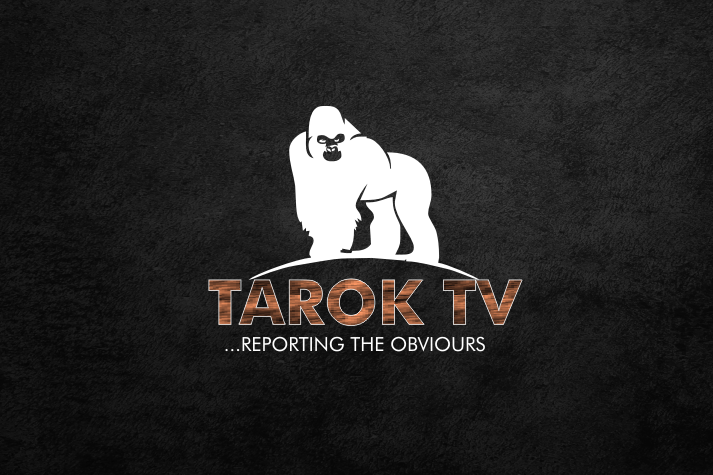
About Admin - Admin
TarokTv, ...Reporting the obvious.
Contact
Phone number: 07062319173
Email: [email protected]
Reach out to us with any news or article.
leave a comment
4 comments
Latest Articles
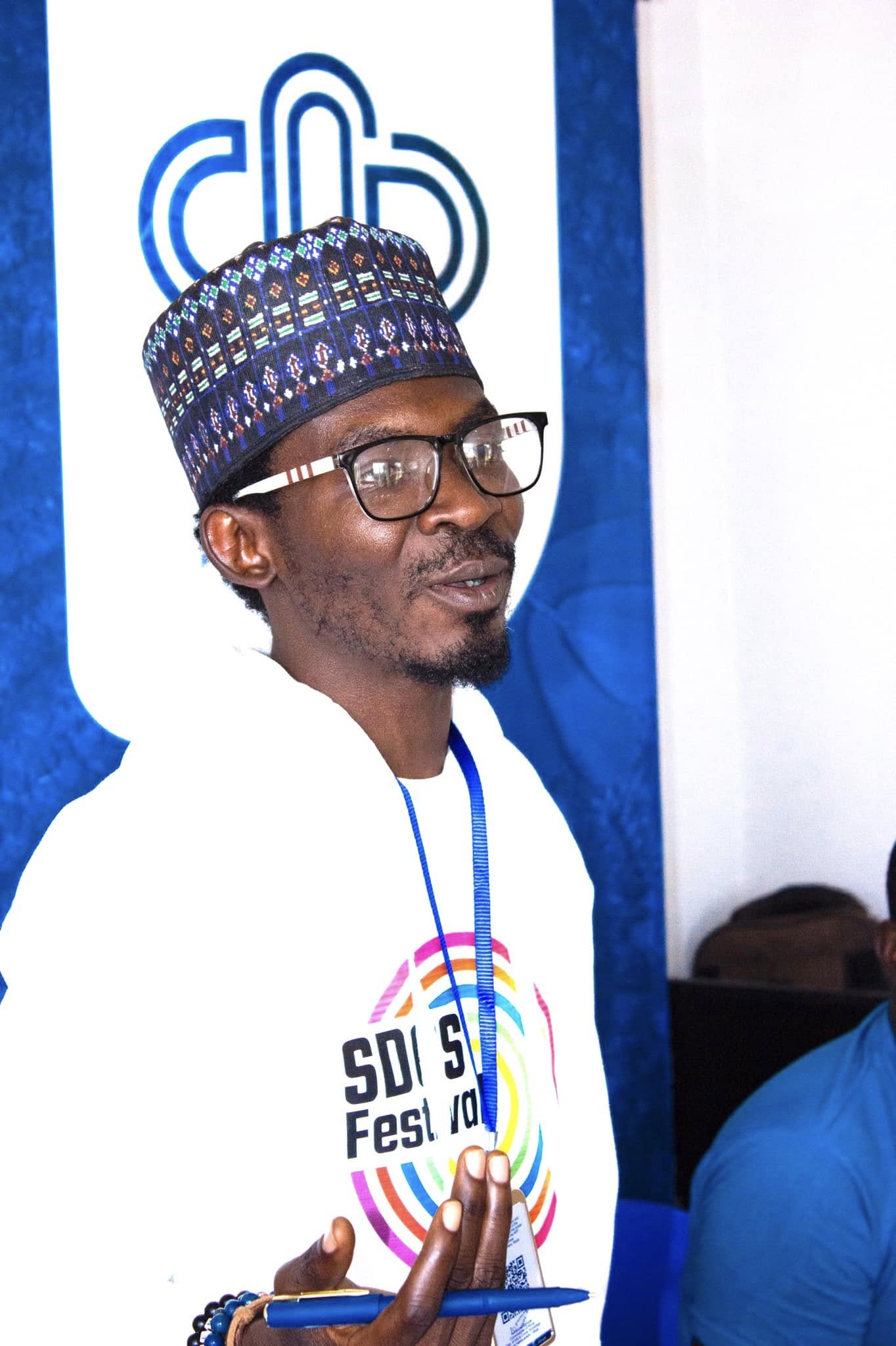
Success leaves clues, and those who seek to make a difference must study the lives of those who…
read more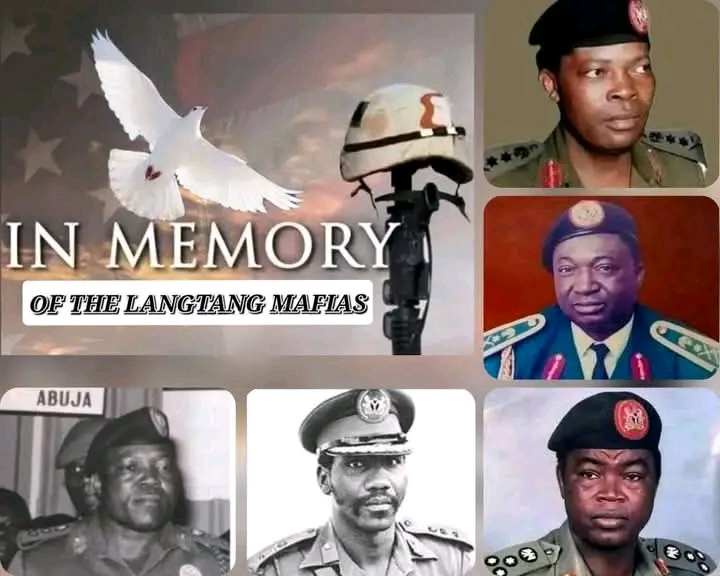
Langtang, a town in Plateau State, Nigeria, is not just another dot on the map but a significant origin for…
read more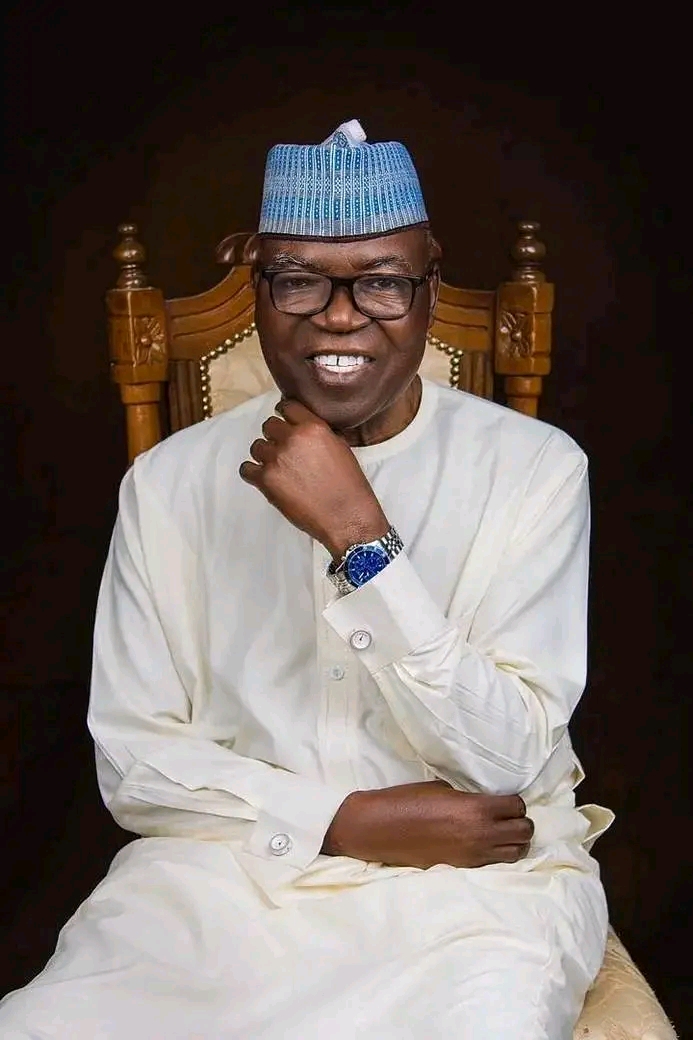
Brief Biography of Gen. (Senator) Jeremiah Timbut Useni
Early Life and Education:
Jeremiah Timbut Useni, often referred to as "Jerry Boy," was born on February 16, 1943,…
read more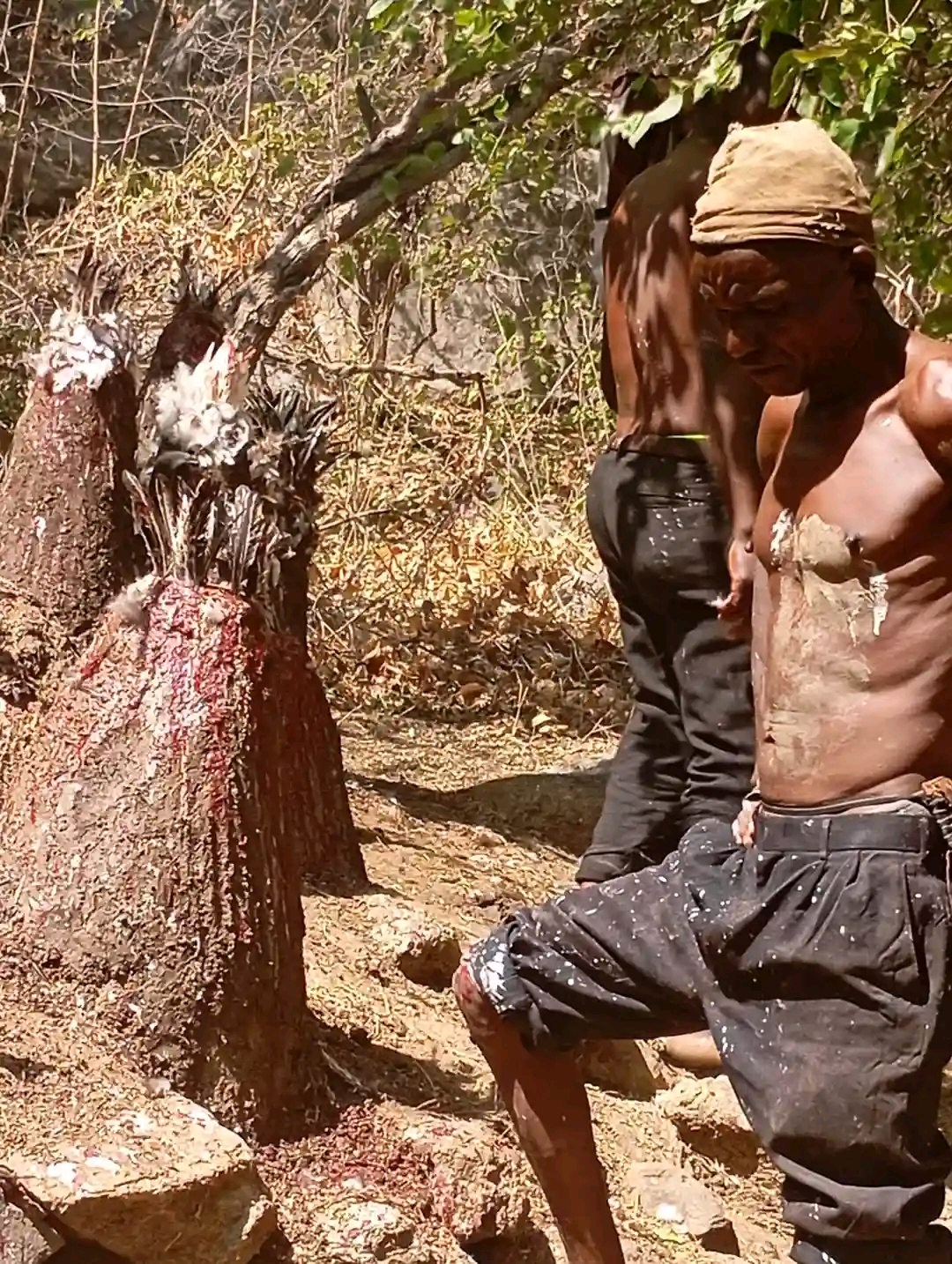
The Ibiari: A Sacred Tradition in Tarok land
The Ibiari Oga Sa festival, an annual tradition in Tarokland, was celebrated today as part of the year-end observance marking…
read more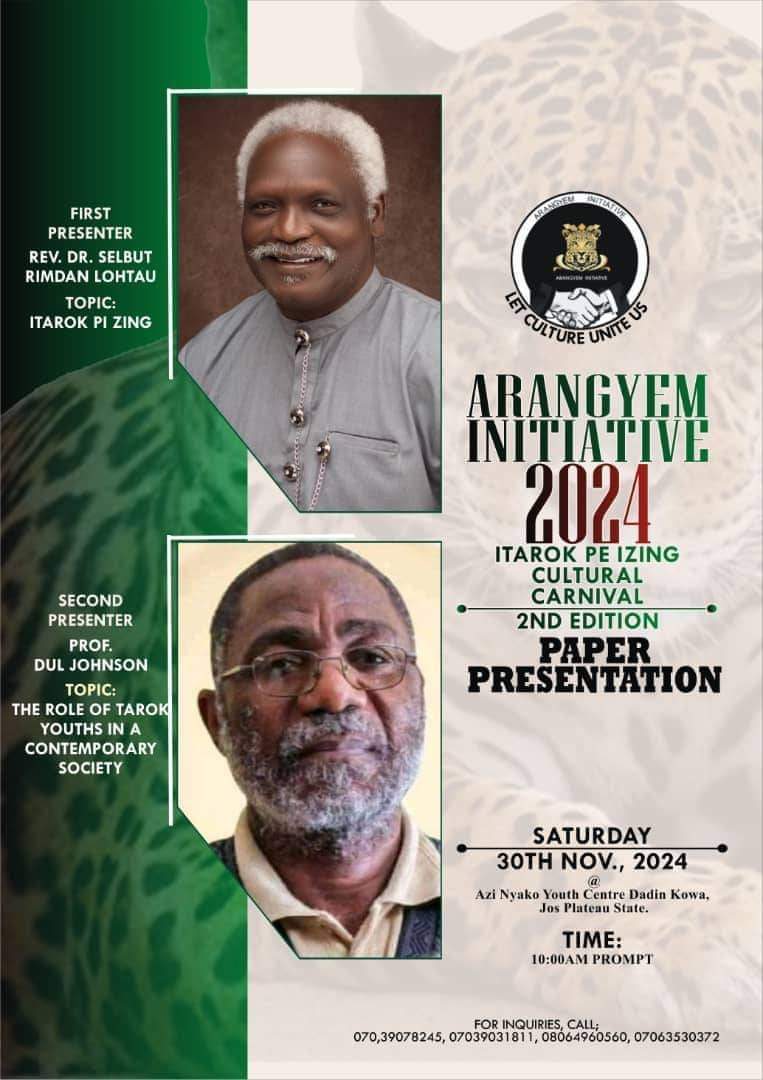
ITAROK PA IZING BY REV. DR. SELBUT LONGTAU
A PAPER PRESENTATION AT ITAROK PA IZING 2ND CARNIVAL HELD AT THE AZI NYAKO YOUTH CENTRE, JOS, 30TH NOVEMBER, 2024
… read more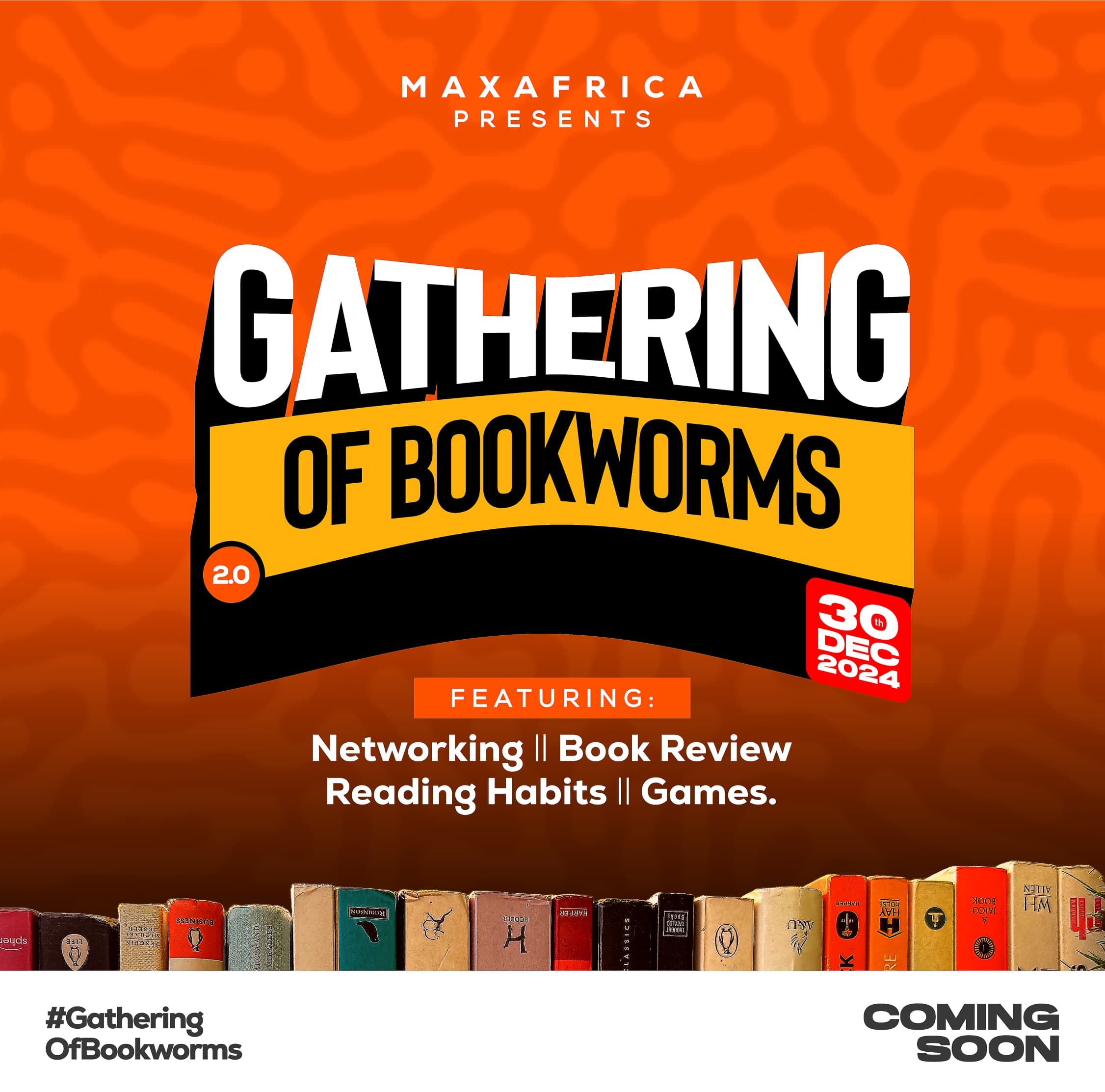
TarokTv News: The Return of "Gathering of Bookworms" - A Literary Revival in Langtang North/South
TarokTv is thrilled to announce the upcoming edition of the Gathering of Bookworms, a celebrated event aimed at uniting the…
read moreLatest Albums
Recent videos
Copyright © 2020 - TarokTv designed by Taroktv Media.

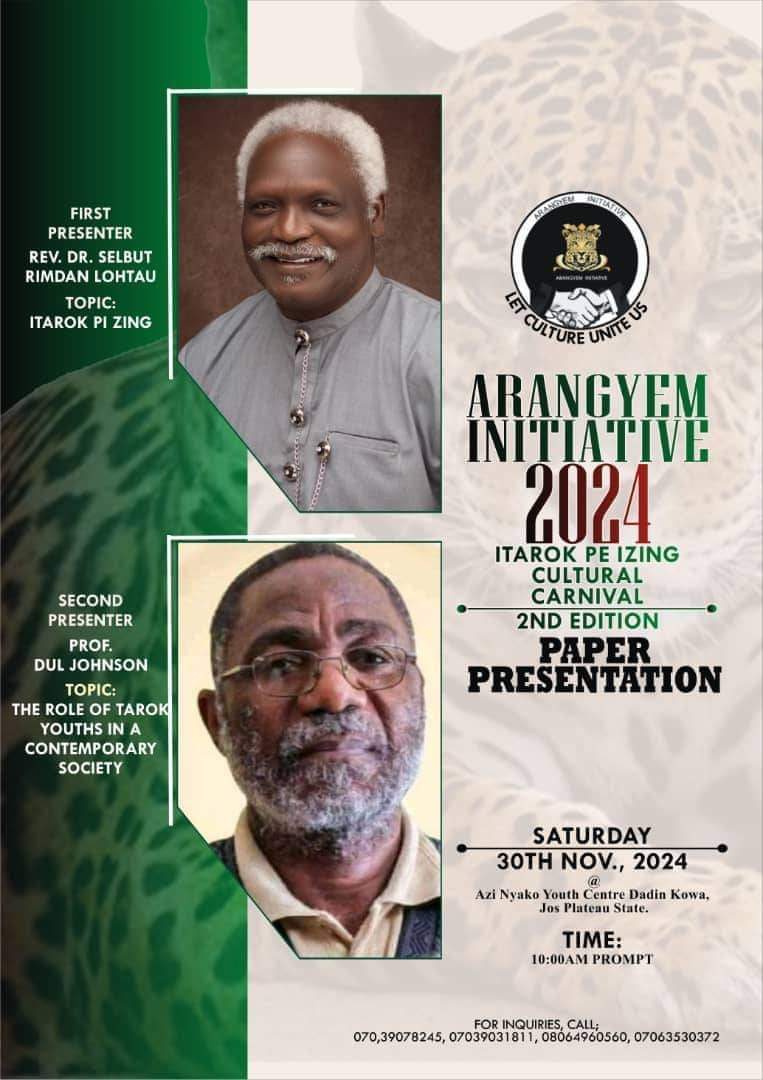
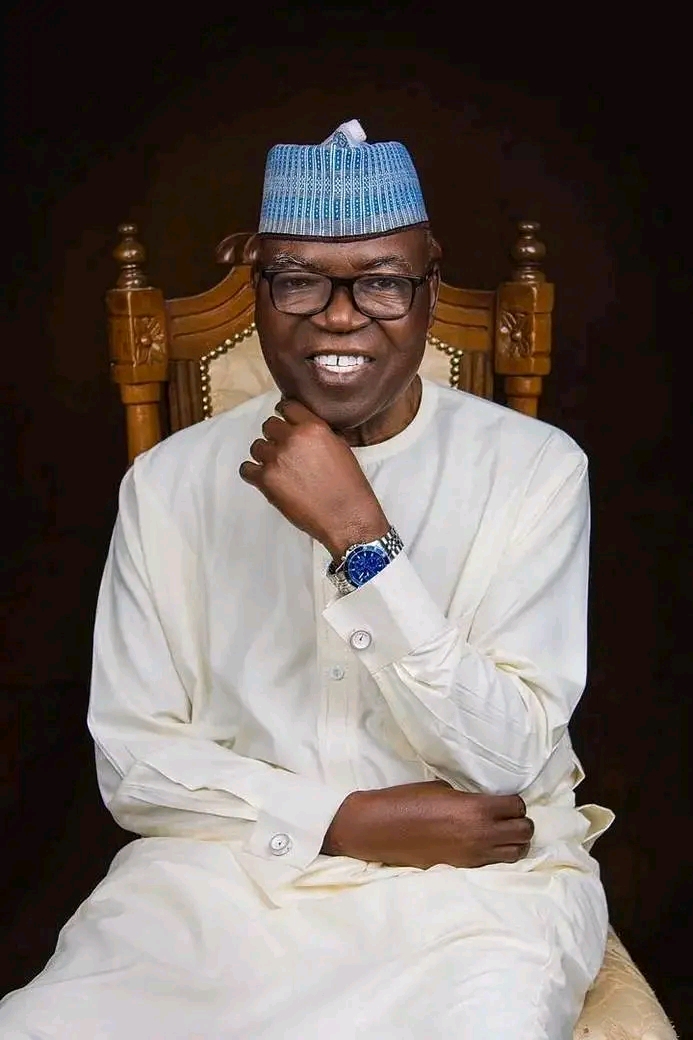
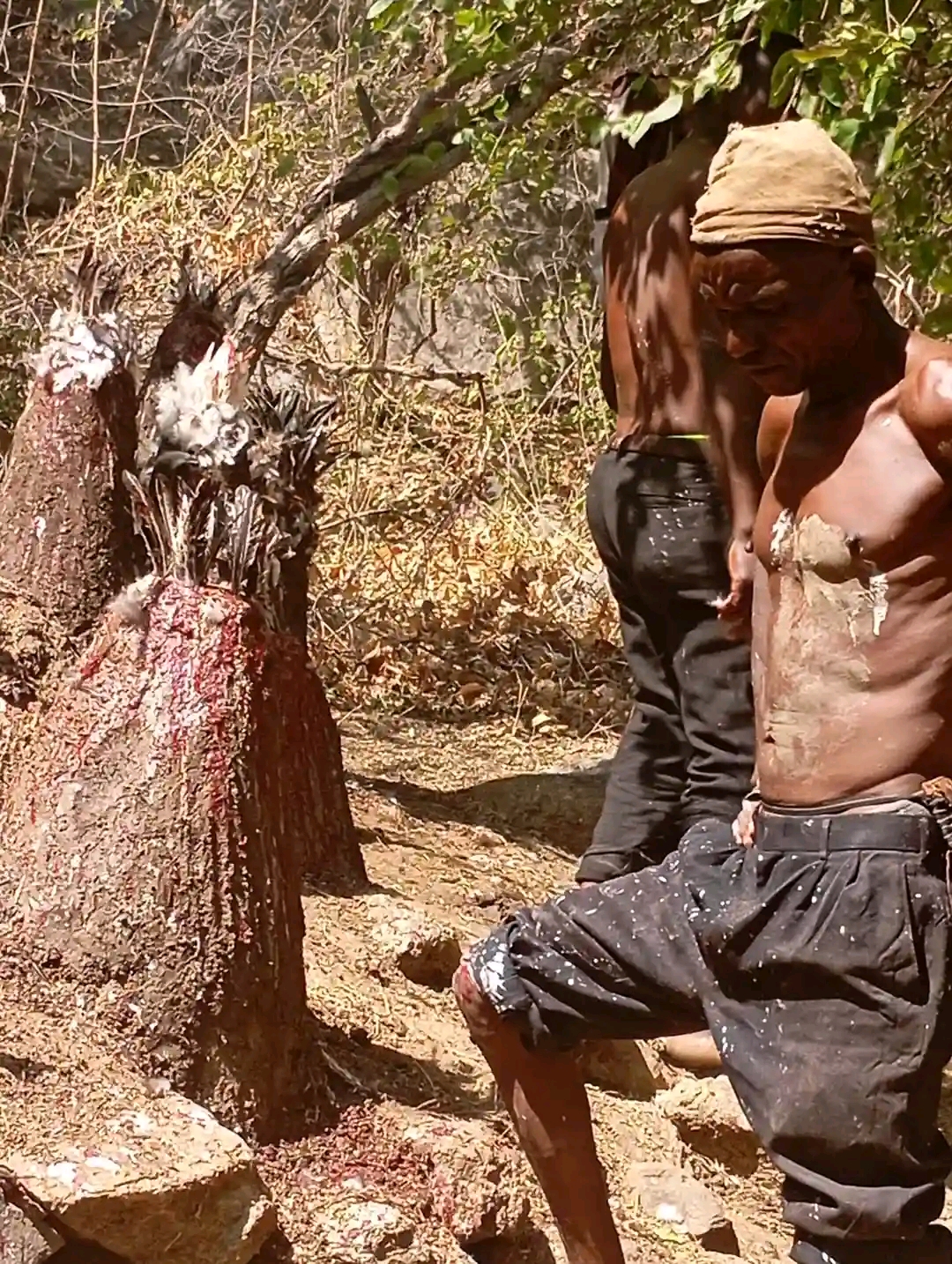
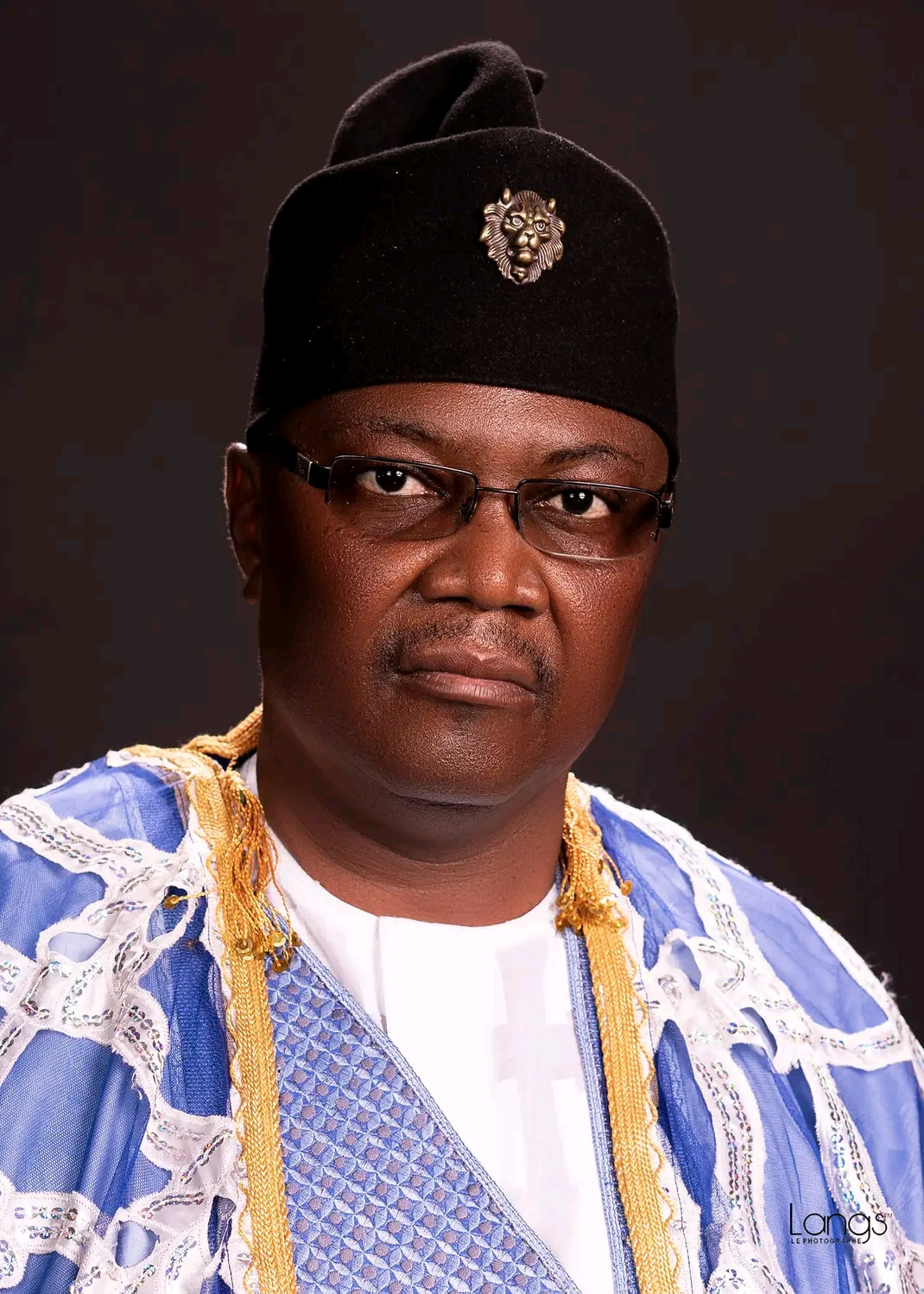


Wow this is wonderful I so much love this masterpiece more grace Dr more grace Taroktv higher we go Itarok love ❤️